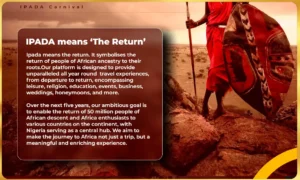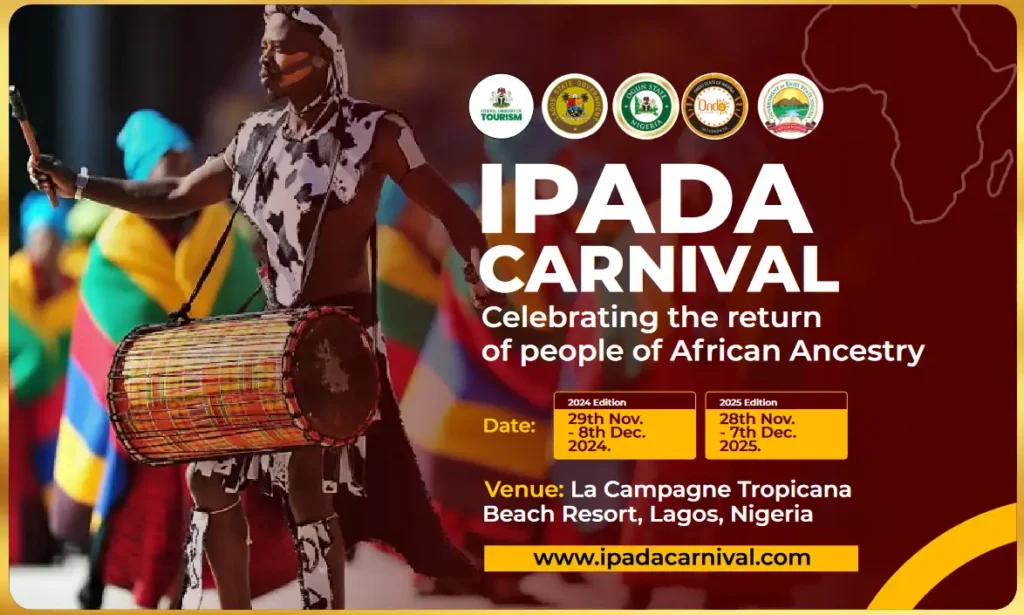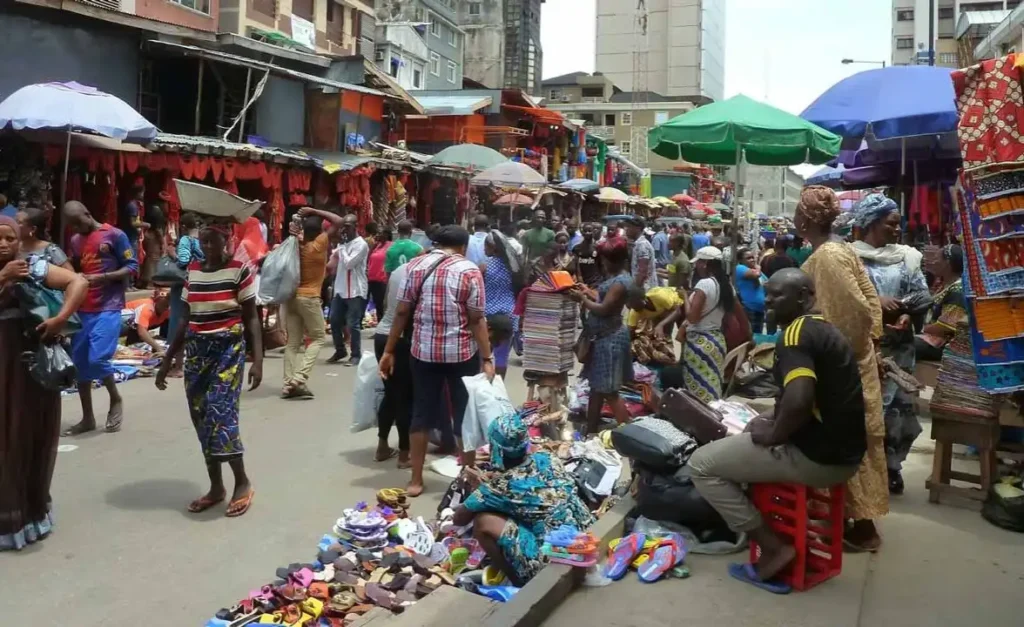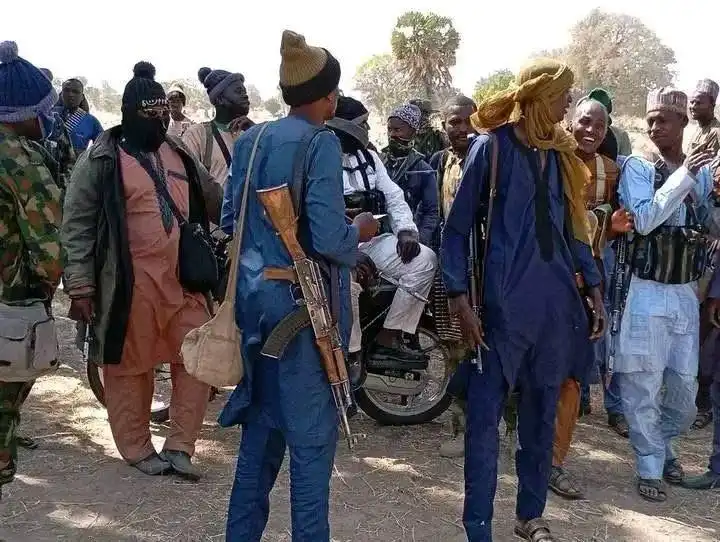In a bold and welcoming gesture aimed at strengthening cultural ties and boosting tourism, the Nigerian government has unveiled a new, streamlined visa process specifically designed for participants and visitors attending the Ipada Carnival 2024. This major development is part of broader efforts to reconnect with the African diaspora and establish Nigeria as a key destination for cultural homecomings, artistic celebration, and heritage appreciation.
The 2024 edition of the Ipada Carnival—a vibrant cultural festival celebrating African heritage and global unity—is expected to attract thousands of visitors from across the world, particularly from the United States, the Caribbean, South America, and Europe, where large populations of African descent reside. With the unveiling of a simplified visa process tailored to this international audience, the Nigerian government aims to ensure that travel logistics no longer serve as a barrier for those seeking to reconnect with their ancestral homeland.
What the New Visa Policy Entails
Announced by officials from Nigeria’s Ministry of Interior in collaboration with the Nigerian Immigration Service (NIS), the new visa initiative is designed to cut down bureaucratic red tape and encourage smoother entry for visitors traveling specifically for Ipada Carnival 2024. Under the arrangement, eligible applicants from the African diaspora will benefit from an expedited online visa-on-arrival application process.
The simplified visa scheme includes:
-
Dedicated Ipada Visa Portal: A new digital platform tailored for carnival attendees that enables applicants to submit their documentation, receive approval, and make payments online before arrival.
-
Fast-Track Processing: Visa applications under this arrangement will be processed within 72 hours, allowing attendees to plan their trips with minimal delays.
-
Waived Requirements: Certain conventional requirements—such as invitation letters or in-country guarantors—will be waived for diaspora applicants with proof of carnival registration or cultural interest.
-
On-Arrival Assistance: Designated immigration counters at the Murtala Muhammed International Airport in Lagos will be reserved for Ipada Carnival visitors to ensure efficient entry procedures.
According to Minister of Interior, Dr. Olubunmi Tunji-Ojo, the new visa framework reflects Nigeria’s deep commitment to reconnecting with its global African family. “Ipada Carnival is more than just a celebration—it’s a homecoming. The new visa arrangement sends a clear message to our brothers and sisters in the diaspora: you are welcome home,” he said during the official launch of the policy.

The Significance of Ipada Carnival
The word “Ipada” means “return” in Yoruba, and the Ipada Carnival has become a symbolic event dedicated to the spiritual, emotional, and cultural return of Africans in the diaspora to their roots. Organized annually in Lagos, the carnival celebrates African identity through music, fashion, food, dance, and history.
This year’s carnival is expected to be the largest yet, with themed processions, cultural performances, lectures, art exhibitions, and marketplace bazaars showcasing African innovation and creativity. The 2024 edition carries the theme “Echoes of the Motherland: A Journey Home,” further emphasizing the festival’s mission to reunite lost generations with the heart of Africa.
Organizers have revealed that prominent cultural ambassadors, artists, and scholars from Brazil, Jamaica, Trinidad and Tobago, the United Kingdom, and the United States have already confirmed participation. With the new visa policy in place, more diaspora groups are expected to follow.
A Cultural and Economic Boost
Tourism experts and cultural stakeholders have hailed the visa initiative as a game-changer for both the festival and Nigeria’s broader cultural diplomacy strategy. Simplified travel procedures are expected to drive up attendance, increase tourist spending, and spark interest in long-term engagement with Nigeria’s economy and heritage sites.
Dr. Ifeoma Nkem, a cultural economist and consultant for the carnival, stated that the benefits of welcoming the diaspora go beyond tourism. “Many people returning for Ipada Carnival are not just tourists—they are investors, researchers, creatives, and visionaries. Facilitating their access means opening doors to new ideas, businesses, and partnerships,” she explained.
Hotels, local transportation services, art vendors, and hospitality operators across Lagos are preparing for a surge in bookings and activity as the carnival approaches. The Lagos State Government has also announced plans to expand tourist infrastructure and provide security support throughout the festival period.
Diaspora Reconnection: A Strategic Priority
The move aligns with Nigeria’s long-term strategy to engage the African diaspora as vital contributors to national development. In recent years, there has been growing recognition of the economic and cultural value that diaspora Nigerians and Africans bring—through remittances, business ventures, academic exchanges, and advocacy.
By prioritizing events like the Ipada Carnival and easing travel restrictions for diaspora returnees, Nigeria joins other African nations such as Ghana, Senegal, and Rwanda, who have implemented similar policies to deepen diaspora relations. Ghana’s “Year of Return” campaign in 2019, for example, drew global acclaim for successfully attracting thousands of visitors and generating over $1.9 billion in tourism revenue.
Nigeria, with its cultural diversity, historical significance in the transatlantic slave trade, and large diaspora population, is uniquely positioned to lead the next wave of cultural reconnection initiatives.
Reactions from the African Diaspora
Initial responses from diaspora communities have been overwhelmingly positive. Cultural organizations and advocacy groups in cities such as Atlanta, London, Toronto, and Kingston have praised the initiative as a long-overdue move toward inclusive cultural engagement.
Angela Osei, a second-generation Ghanaian-Nigerian in New York and member of the Pan-African Cultural Alliance, expressed excitement at the announcement. “For years, many of us have wanted to visit Nigeria but were discouraged by visa delays and unclear processes. This changes everything. It feels like the door is finally open,” she said.
Travel agencies and tour operators specializing in Afrocentric travel have already begun promoting packages tailored to Ipada Carnival, highlighting the visa-on-arrival convenience as a key selling point.
Strengthening Pan-African Unity Through Culture
Organizers of the Ipada Carnival have emphasized that the event is more than a festival—it is a platform for healing, education, and pan-African dialogue. With interactive workshops, genealogy tracing services, heritage site tours, and academic forums scheduled, the carnival promises to be a holistic experience for attendees.
Youth groups will also play a central role this year, with programming aimed at fostering connections between African and diaspora youth, promoting Afro-digital innovation, and spotlighting the continent’s creative industries.
The Nigerian government hopes that, beyond the carnival, the new visa arrangement will inspire sustained visits, deeper ancestral research, dual citizenship applications, and even repatriation for those seeking to settle or invest in Nigeria.
Looking Ahead: A Blueprint for Future Cultural Exchanges
As preparations for the Ipada Carnival 2024 gain momentum, stakeholders are optimistic that the new visa scheme will serve as a blueprint for other heritage and cultural events in the country. Government officials hinted at plans to replicate the policy for festivals such as the Osun-Osogbo Festival, Calabar Carnival, and the Argungu Fishing Festival, which also attract diaspora and foreign interest.
In addition, discussions are underway to establish a permanent “Diaspora Visa Desk” within Nigeria’s Immigration Service to provide year-round support for diaspora travel beyond event-specific occasions.
Conclusion: A Cultural Homecoming Reimagined
With the implementation of a simplified visa process for Ipada Carnival 2024, Nigeria is taking a bold step in reimagining how it welcomes its global African family. Beyond removing administrative hurdles, this initiative sends a powerful message of inclusion, pride, and unity.
As Lagos prepares to host thousands of returning descendants and culture lovers from across the globe, the carnival is set to become more than just a spectacle—it will be a monumental convergence of history, heritage, and hope. The road home has never been clearer.






